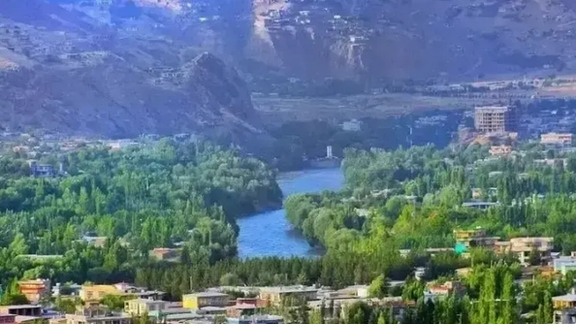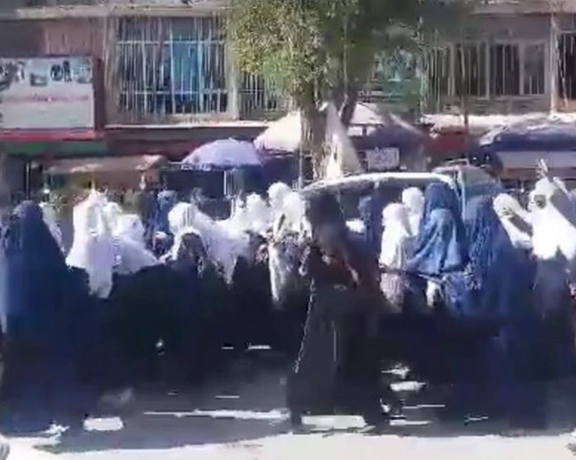Sources in Gardiz city of Paktia province told Afghanistan International that around 4am on Friday morning, a Taliban weapons depot in Mansoori Corps had been destroyed due to the air strike.
Meanwhile, sources confirmed to Afghanistan International on Friday that the Taliban brigade in Gereshk district of Helmand province had been targeted by an air strike on Thursday. According to the sources, here too, a Taliban weapons depot had been destroyed in the attack.
Meanwhile, reports were published on Thursday that the Taliban police command building in Helmand was targeted by an air strike.
Taliban officials have not yet commented on these reports.
In recent days, several reports of unmanned aircraft patrolling several provinces of Afghanistan have been published.
Last week, sources confirmed to Afghanistan International that Abul Hussain Mujahid, a prominent member of al-Qaeda, and four Taliban fighters had been killed in an air strike in Kabul's Dehmazang area in District 3 of Kabul.
After the killing of al-Qaida leader, Ayman al-Zawahiri, in Kabul, over-the-horizon activities have increased in Afghanistan.
Recently, in a press conference, Amir Khan Muttaqi the Taliban’s Minister of Foreign Affairs, asked the US to adhere to the Doha Agreement and to no longer violate Afghanistan's airspace.






